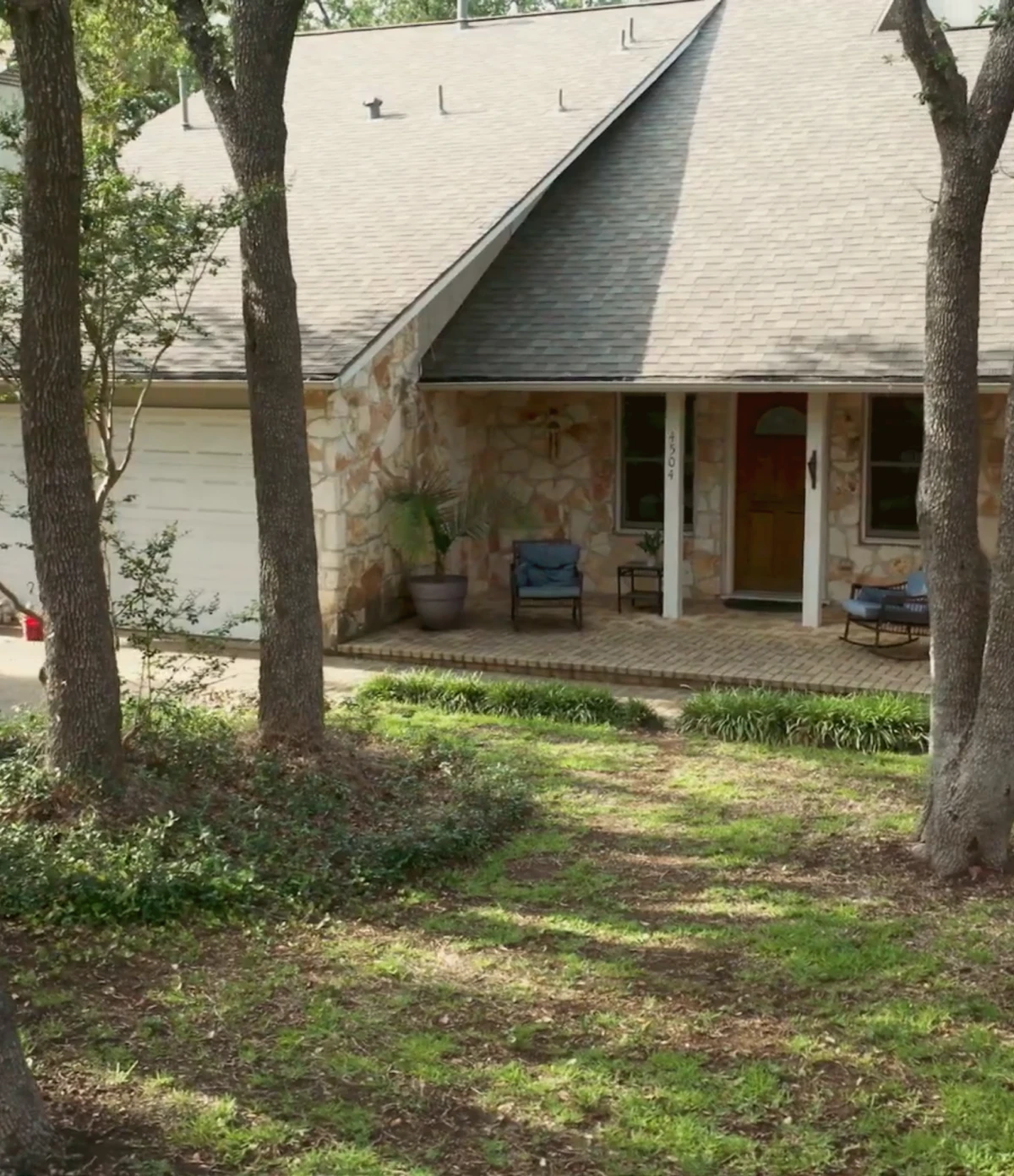We work with insurances. Verify yours now

Choosing the right level of care is so important for effective addiction treatment. At The Last Resort, we understand that each person’s journey to recovery is unique, which is why we offer a comprehensive range of care options designed to meet diverse needs and circumstances in our treatment programs.
Our carefully structured levels of care ensure that each client receives the appropriate intensity of treatment at every stage of their recovery journey. From intensive residential dual diagnosis programs to flexible outpatient services, The Last Resort provides a seamless continuum of care designed to support long-term sobriety and mental wellness.
By offering multiple substance abuse levels of care, we can address the varying needs of our clients as they progress. This approach allows for a gradual transition back to daily life, reducing the risk of relapse and promoting sustainable healing. At The Last Resort, we’re committed to providing the highest quality care and innovative treatment plans at every stage of recovery. Our programs combine the latest therapeutic and evidence-based techniques with compassionate support, creating a powerful foundation for lasting change.
Discover more about our addiction and mental health treatment services below and take the first step towards a healthier, more fulfilling life free from addiction at our treatment center.

Aftercare provides ongoing support after you’ve completed your primary treatment. This program offers regular check-ins, group therapy sessions, and resources to help maintain sobriety. It focuses on relapse prevention, life skills development, and building a strong support network to ensure long-term recovery success.
Typically, the first stage in treatment, detox (or detoxification), focuses on withdrawal management as the body clears itself of substances. Under medical supervision, clients receive 24/7 care to ensure comfort and safety. This process prepares you physically and mentally for the next stages of treatment.
The Family Program involves your loved ones in the recovery process, offering education about addiction and teaching healthy communication skills. Through group sessions and workshops, families learn to support their recovering loved one while addressing their needs.
Residential and inpatient services provide intensive, round-the-clock care in a structured residential setting. Clients live on-site, participating in daily therapy sessions, group activities, and educational programs. This immersive therapeutic environment allows you to focus solely on recovery, away from everyday triggers and stressors in our treatment facility.
Intensive outpatient programs for addiction and mental health offer a flexible treatment option for those who don’t require 24-hour care. Clients attend therapy sessions and group meetings several times a week while living at home or in sober living. This program helps you maintain daily responsibilities while receiving substantial support for recovery.
Partial hospitalization services provide a high level of care similar to inpatient treatment but without overnight stays. Clients attend treatment daily, typically 5-7 days a week, participating in intensive therapy and group sessions. This treatment option offers comprehensive care while allowing more independence than inpatient treatment.
Sober living provides a transitional housing option in the healing process. Residents live in a substance-free environment with peers, learning to navigate daily life while maintaining sobriety. This setting offers structure, accountability, and recovery support as you prepare to return to independent living.
Treatment providers determine the appropriate level of care and treatment options based on factors such as the severity of the drug abuse, the presence of any co-occurring disorders, medical and psychiatric needs, level of social support, and individual goals for recovery.
Yes, each level of care may involve different treatments and therapies tailored to the intensity and focus of the program. For example, residential dual diagnosis treatment often includes 24-hour care and a structured environment, while outpatient treatment programs may offer more flexibility with therapy sessions and daily activities.
Aftercare or continuing care support involves ongoing strategies and resources to help individuals maintain their sobriety and prevent relapse after completing inpatient rehab or treatment. This may include outpatient counseling, support groups, sober living arrangements, and regular check-ins with treatment providers.
[1]U.S. Department of Labor. (n.d.). Serious health condition – Leave for treatment of substance abuse. Family and Medical Leave Act Advisor. Retrieved from https://webapps.dol.gov/elaws/whd/fmla/10c9.aspx